Mong Cai City has a rich and unique system of cultural heritages, from tangible heritages such as communal houses, temples, pagodas to intangible heritages such as beliefs, customs, rituals, traditional folk art forms, etc., contributing to creating the unique features of the homeland. In recent years, Mong Cai City has made many efforts to preserve and effectively promote the values of cultural heritage.
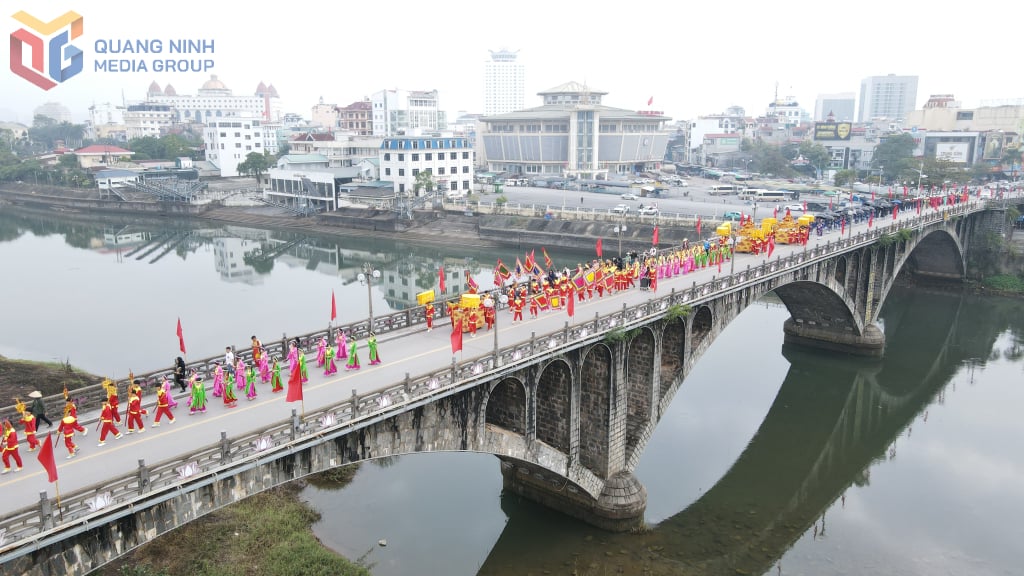
Mr. Do Van Tuan, Permanent Vice Chairman of Mong Cai City People's Committee, said: Currently, in Mong Cai City, there are 59 historical, cultural and scenic relics, including 1 special national relic, 5 national relics, and 12 provincial historical relics. In addition, Mong Cai also has 40 intangible cultural heritages that have been inventoried and classified, including 5 intangible cultural heritages included in the list of national intangible cultural heritages.
The entire city has 10 individuals awarded the title of Meritorious Artisan in the field of intangible cultural heritage. These heritages are considered as eternal "Cultural Milestones", contributing to affirming national territorial sovereignty and being a particularly valuable tourism resource, creating unique, attractive, highly competitive tourism products, which are the basic factors contributing to the sustainable development of the city's tourism industry.
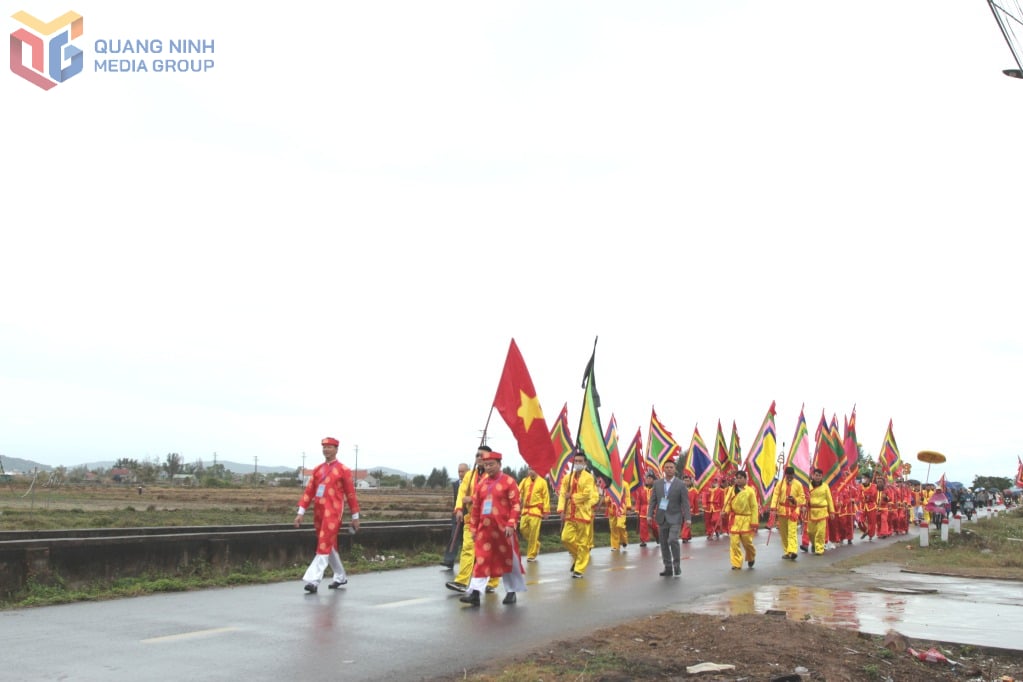
With a system of scenic relics, pagodas, temples, and shrines in the area, Mong Cai City has become a spiritual tourist destination that cannot be missed every early spring. According to Mr. Do Van Tuan, the Xa Tac Altar and the Xa Tac worship ceremony are unique cultural phenomena with profound humanity, associated with the needs of wet rice farming residents. This is also a cultural belief that has existed since ancient times of the Vietnamese people, which was brought into the rank of great temples by feudal dynasties and personally presided over according to the spring-autumn - second period tradition.
Through the stages of historical development and practical requirements of society, the Xa Tac worship ceremony has been expanded and performed in a number of localities, but regardless of the scale of organization, this ceremony still aims at the spirit of the nation, specifically the spirit of independence, autonomy and territorial integrity, together with the organization of production to aim for bountiful harvests, a peaceful life, prosperity, happiness... This is one of the profound and eternal meanings associated with the Xa Tac worship custom in our country and is also the origin of the formation of the Xa Tac temple relic.
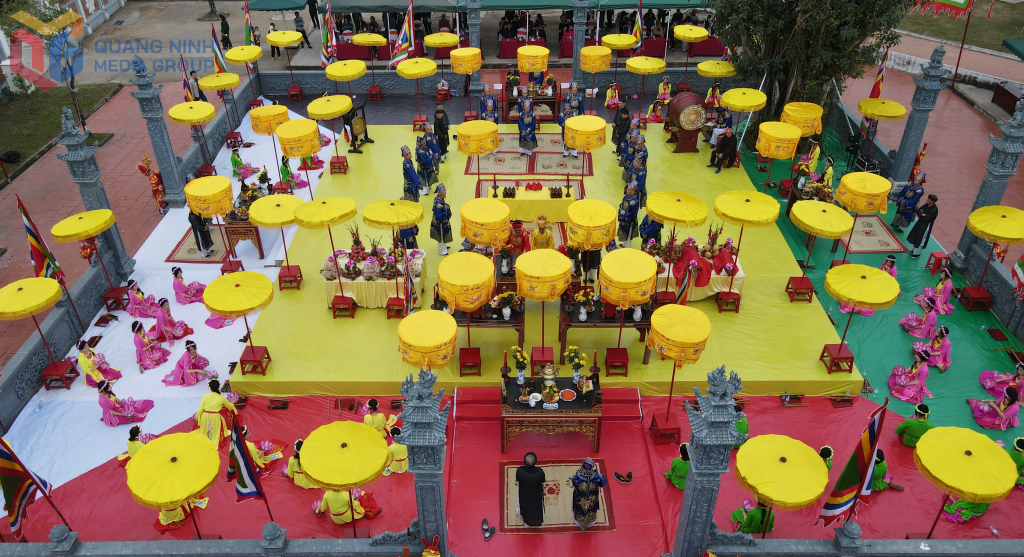
In Mong Cai area, there are currently annual festivals including: Van Ninh Communal House Festival, Lang Bau Communal House Festival, Dan Tien Communal House Festival, Xa Tac Temple Festival, Thanh Mau Temple Festival, Tra Co Communal House Festival, Dong Thinh Communal House Festival, Trang Vi Communal House Festival, Binh Ngoc Communal House Festival. Along with that, festival activities bearing strong cultural and historical imprints are maintained annually and carefully organized by Mong Cai City, affirming the "Cultural Milestone" at the Fatherland's border.
Festivals are restored to preserve, promote and honor cultural and historical values; meet the needs of spiritual beliefs, contribute to traditional education for the younger generation, and enhance the responsibility to protect, preserve and promote the value of local traditional cultural heritage. Thanks to the good organization of festivals, the total number of tourists to Mong Cai in February 2025 reached over 180,000, an increase of over 12% over the same period; in the first two months of 2025, the total number of tourists to Mong Cai reached over 340,000, an increase of over 10% over the same period.
In the coming time, Mong Cai City will continue to promote propaganda work, raise awareness of linking cultural heritage with socio-economic development, and build friendly, generous and affectionate Mong Cai people. At the same time, Mong Cai City will also actively propagate, educate and mobilize people to raise awareness of protecting cultural heritage and create conditions for tourism development, and build a suitable cultural tourism development strategy.
Pham Hoc
Source




![[Photo] Solemn opening of the 8th Congress of the Central Public Security Party Committee, term 2025-2030](https://vphoto.vietnam.vn/thumb/1200x675/vietnam/resource/IMAGE/2025/10/4/f3b00fb779f44979809441a4dac5c7df)

![[Photo] Bustling Mid-Autumn Festival at the Museum of Ethnology](https://vphoto.vietnam.vn/thumb/1200x675/vietnam/resource/IMAGE/2025/10/4/da8d5927734d4ca58e3eced14bc435a3)
![[Photo] General Secretary To Lam attends the 8th Congress of the Central Public Security Party Committee](https://vphoto.vietnam.vn/thumb/1200x675/vietnam/resource/IMAGE/2025/10/4/79fadf490f674dc483794f2d955f6045)
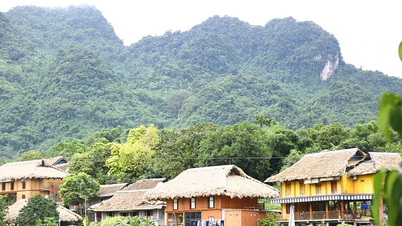

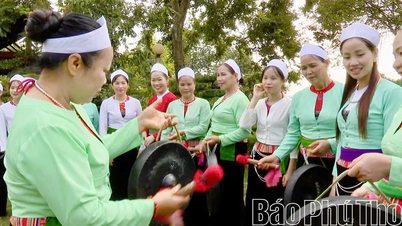
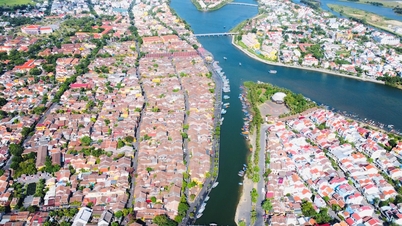


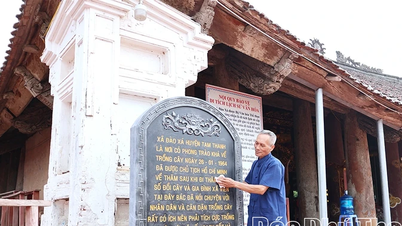


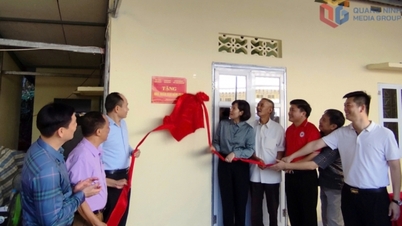

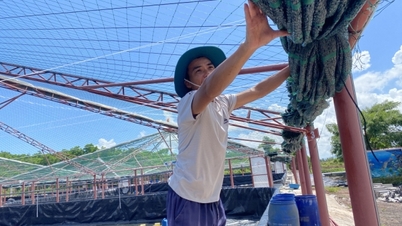
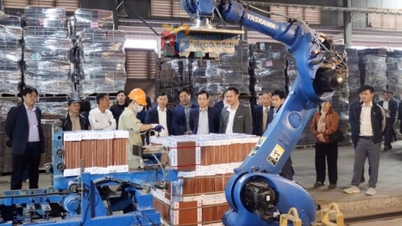
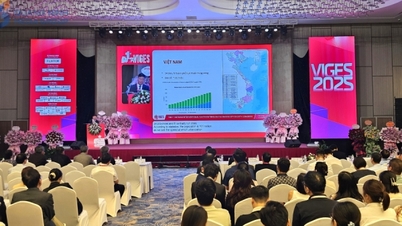






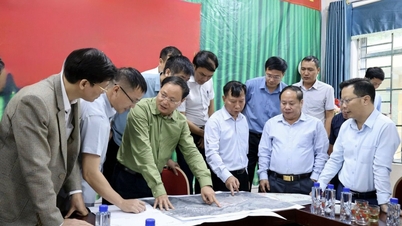
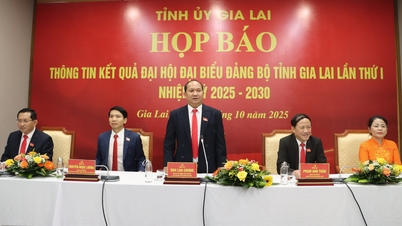
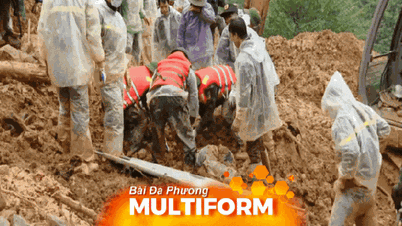
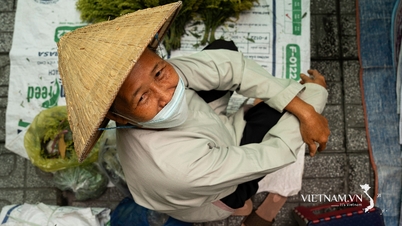
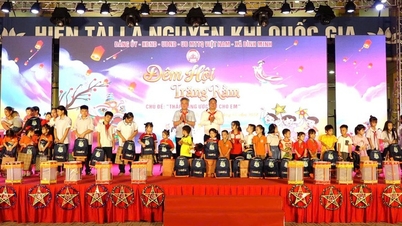



























![[VIDEO] Summary of Petrovietnam's 50th Anniversary Ceremony](https://vphoto.vietnam.vn/thumb/402x226/vietnam/resource/IMAGE/2025/10/4/abe133bdb8114793a16d4fe3e5bd0f12)
![[VIDEO] GENERAL SECRETARY TO LAM AWARDS PETROVIETNAM 8 GOLDEN WORDS: "PIONEER - EXCELLENT - SUSTAINABLE - GLOBAL"](https://vphoto.vietnam.vn/thumb/402x226/vietnam/resource/IMAGE/2025/7/23/c2fdb48863e846cfa9fb8e6ea9cf44e7)
















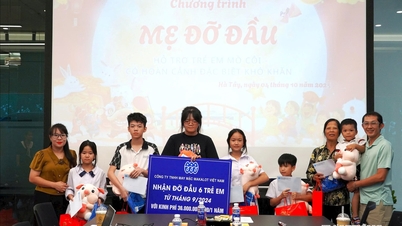
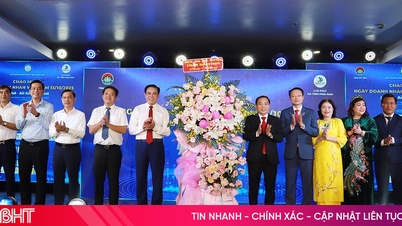

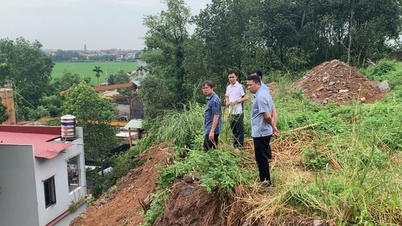

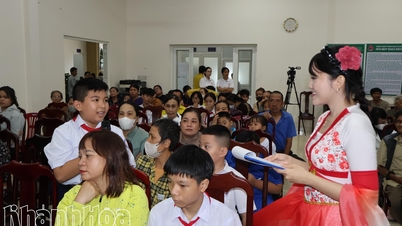

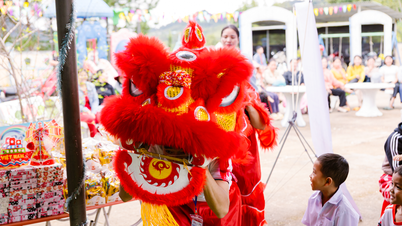
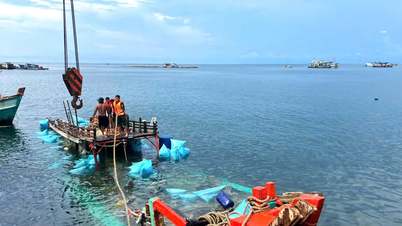






Comment (0)